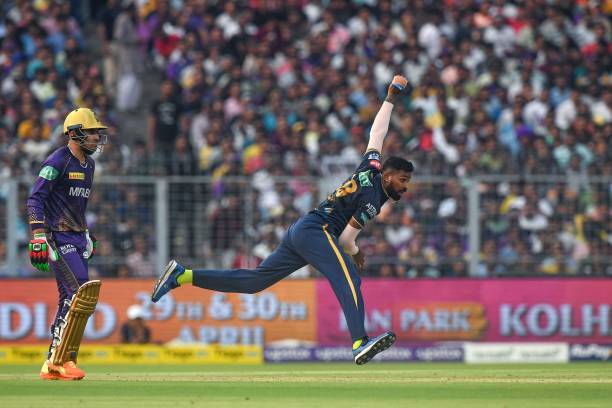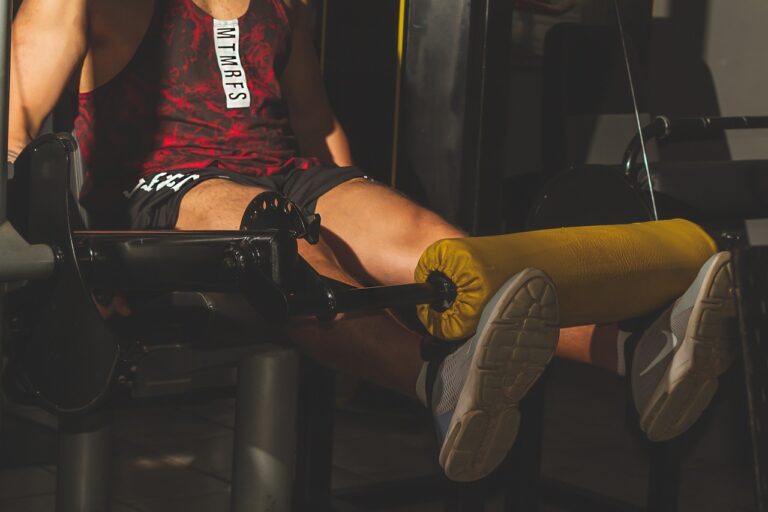The Impact of High-Intensity Interval Training on IPL Athletes’ Diets
gold bet 7, ???? ????????, 11xplay.online: High-Intensity Interval Training (HIIT) has become a popular training method among athletes, particularly in the world of cricket, such as the Indian Premier League (IPL) players. This type of training involves short bursts of intense exercise followed by brief periods of rest or lower-intensity exercise. The impact of HIIT on IPL athletes’ diets is significant, as their nutritional needs change to support the demands of this type of training.
Improving Performance with HIIT
HIIT has been shown to improve cardiovascular fitness, endurance, and overall performance in athletes. It also helps to enhance muscle strength and power, which are essential for cricket players. With HIIT, athletes push their bodies to the limit during short intervals, leading to improved speed, agility, and explosive movements on the field.
Adapting the Diet
With the increased intensity of training, IPL athletes need to pay close attention to their diets to ensure they are fueling their bodies adequately. Here are some key aspects of how HIIT impacts the athletes’ diets:
1. Increased Caloric Needs: HIIT burns a significant amount of calories during and after the workout, as the body continues to burn calories to recover. IPL athletes may need to increase their caloric intake to support their training and recovery needs.
2. Protein Requirements: Protein is essential for muscle repair and growth, which is crucial for athletes engaging in HIIT. IPL players may need to increase their protein intake to support their muscles’ recovery and adaptation to the training.
3. Carbohydrate Timing: Carbohydrates are the body’s primary source of energy, especially during high-intensity exercise. Athletes may need to focus on consuming carbohydrates before and after their HIIT sessions to fuel their performance and recovery.
4. Hydration: HIIT can lead to increased sweat and fluid loss, making hydration a crucial aspect of athletes’ diets. IPL players need to ensure they are adequately hydrated before, during, and after their training sessions to maintain performance and prevent dehydration.
5. Micronutrient Needs: With the increased demands of HIIT, athletes may need to pay attention to their micronutrient needs, including vitamins and minerals, to support overall health and performance.
FAQs
1. How should IPL athletes adjust their diets during the off-season when they are not engaging in HIIT training?
During the off-season, IPL athletes may still need to maintain a balanced diet to support their overall health and recovery. They can focus on consuming nutrient-dense foods, adjusting their caloric intake based on their training schedule, and ensuring they are getting enough rest and recovery.
2. Are there any specific dietary supplements that IPL athletes should consider while engaging in HIIT?
IPL athletes should consult with a sports nutritionist or dietitian to determine if they need any specific dietary supplements to support their training and performance. Supplements such as protein powders, BCAAs, and electrolytes may be beneficial for athletes engaging in HIIT training.
In conclusion, the impact of HIIT on IPL athletes’ diets is significant, requiring adjustments to support their performance and recovery needs. By paying attention to their caloric intake, protein requirements, carbohydrate timing, hydration, and micronutrient needs, IPL athletes can optimize their diets to excel in their training and on-field performance.







